Qantas boss Alan Joyce: Sydney Airport favours foreign airlines
Qantas boss Alan Joyce has accused Sydney Airport of prioritising foreign airlines over domestic carriers in an effort to make more money.
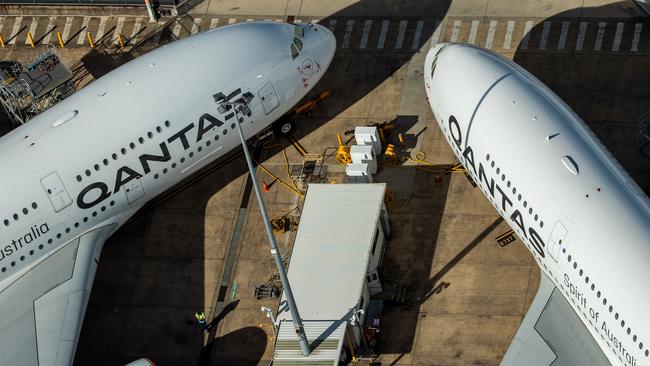
Qantas boss Alan Joyce has accused Sydney Airport of prioritising foreign airlines over domestic carriers in an effort to make more money.
The extraordinary attack came in a letter to Sydney CEO Geoff Culbert, following the airport’s submission to the Australian Competition & Consumer Commission.
The submission complained that Qantas and Virgin Australia were hoarding slots at Sydney Airport in a way that was likely to inhibit the recovery of the aviation industry.
Slots are the time frames given to airlines in which they can land and take off from an airport. At Australia’s biggest gateway, Qantas and Jetstar hold nearly 50 per cent of all slots, and Virgin Australia 25 per cent.
Concerns about slot hoarding arose on the back of a ministerial directive allowing the airlines to maintain their slots without using them, in recognition of the reduced amount of flying during the pandemic.
But as Sydney Airport’s submission pointed out, it could be years until Qantas and Virgin Australia are again able to use all their slots, which could be given to other operators instead to aid in the aviation industry’s recovery.
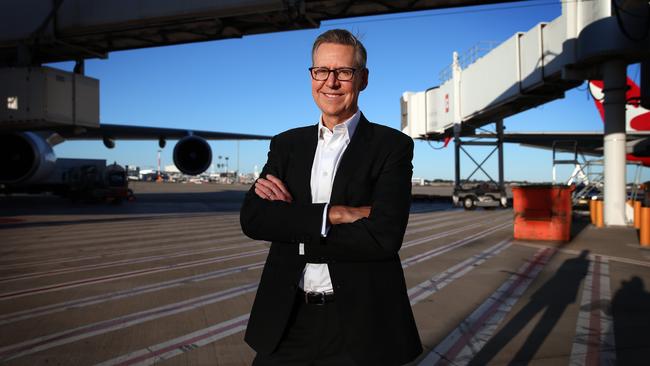
Mr Joyce called the submission “inaccurate and self-interested”.
“Your characterisation of Qantas’ desire to retain its pre-COVID slots pursuant to a ministerial direction as anti-competitive slot hoarding is both spurious and misleading,” Mr Joyce wrote.
“Far from being constructive, these comments represent a blatant attempt by Sydney Airport to prioritise foreign airlines who offer you more lucrative revenue at the expense of Australian airlines, the domestic network and critical regional connectivity.”
He said it was impossible to “hoard” slots when the airport was empty and no airline, new entrant or otherwise, was asking for capacity.
“With the exception of limited bubbles, international travel is likely to be negligible for some time. The domestic recovery, while tentative and highly dependent on state borders, will be well ahead of international,” said Mr Joyce.
“We anticipate that the Qantas Group is likely to need more slots than pre‐COVID as a result of spiking domestic demand with international borders closed.”
He signed off the letter by expressing his disappointment that Mr Culbert appeared not to share Qantas’s ambition of getting aircraft and workers back in the air.
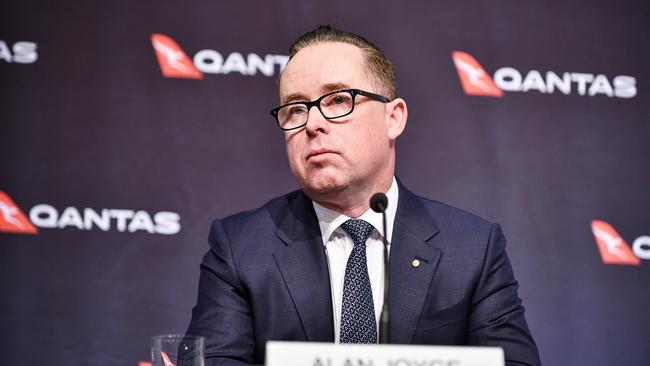
“Instead, your submission suggests that you are more focused on exploiting the current paralysis for Sydney Airport’s benefit, with little regard for your biggest customer or the recovery of the domestic industry,” Mr Joyce wrote.
“I am very disappointed that you consider it appropriate to adopt this posture at this time.”
A Sydney Airport spokesman confirmed receipt of the letter and said it was fully aligned with Qantas in prioritising the recovery of aviation.
“Prior to COVID-19, 83 per cent of the slots at Sydney Airport were held by Australian carriers, so the suggestion that international carriers are being prioritised is not accurate,” he said.
The ACCC is expected to address Sydney Airport’s concerns as part of its quarterly monitoring of the aviation industry on behalf of the federal government.


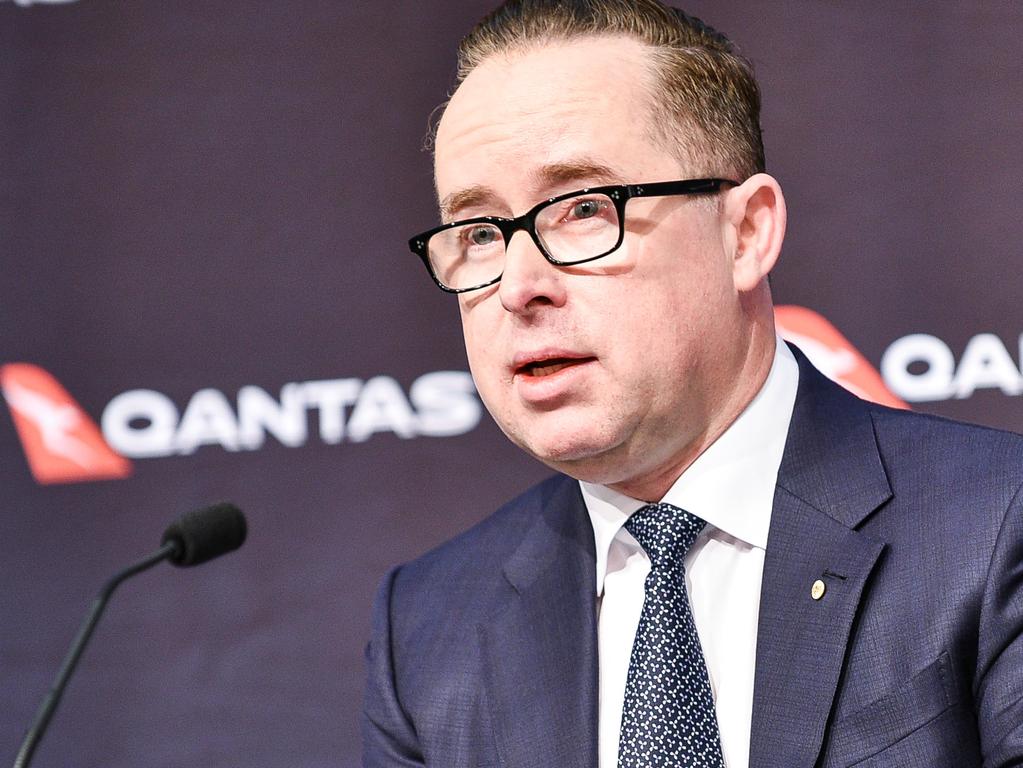
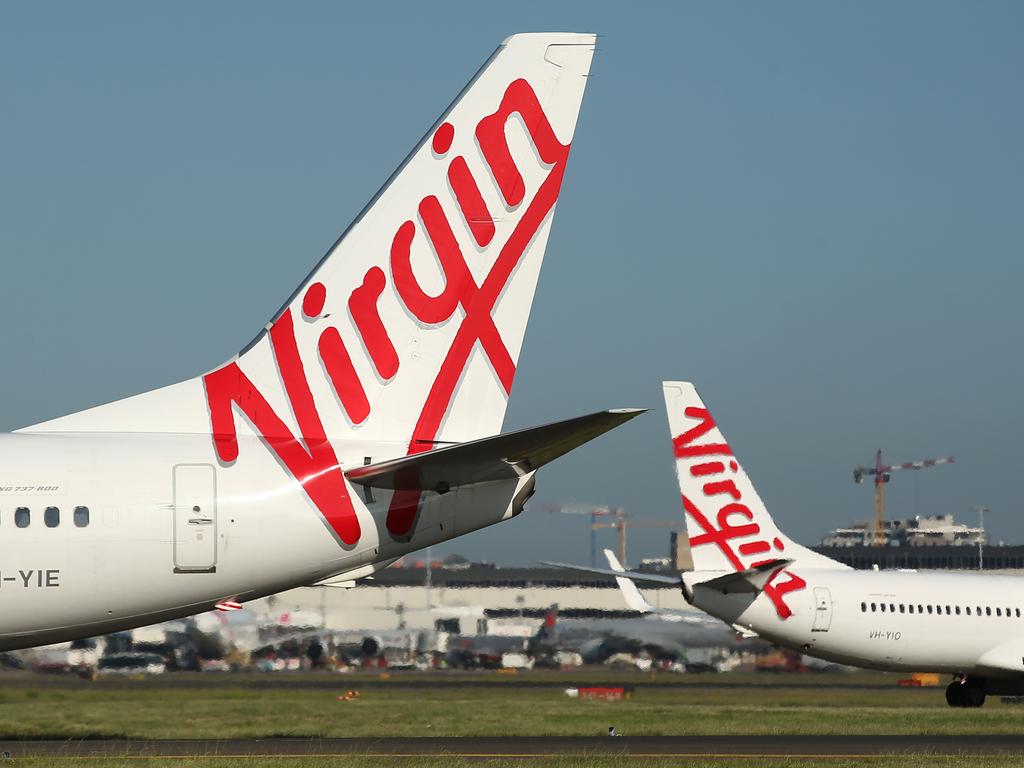
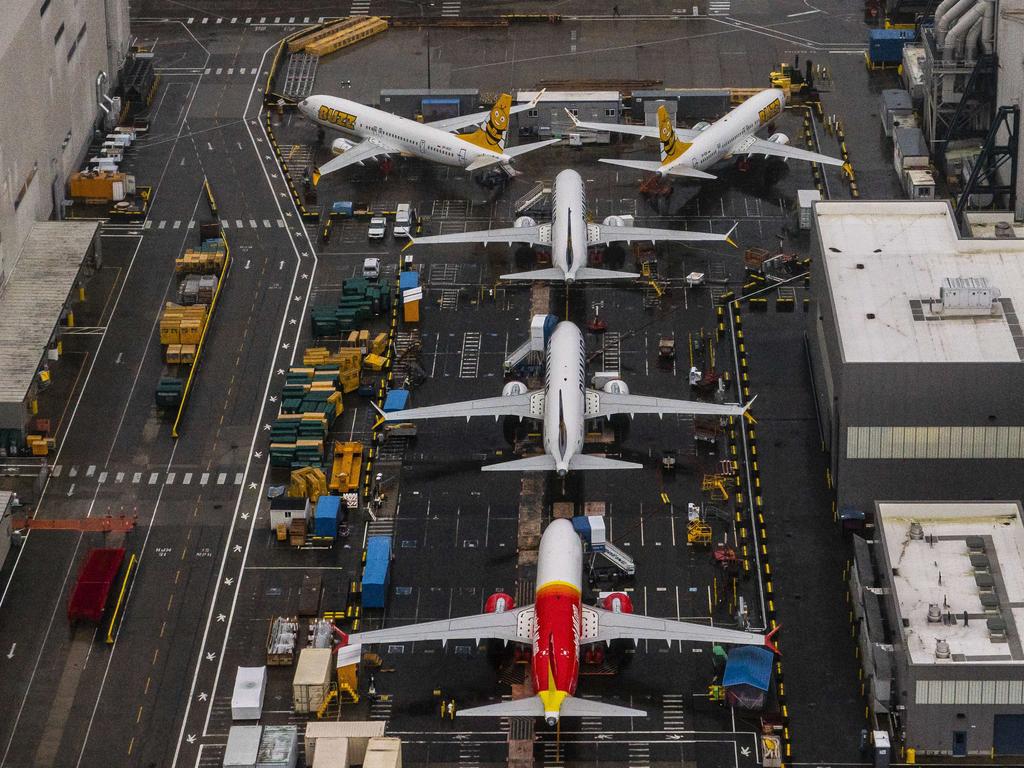
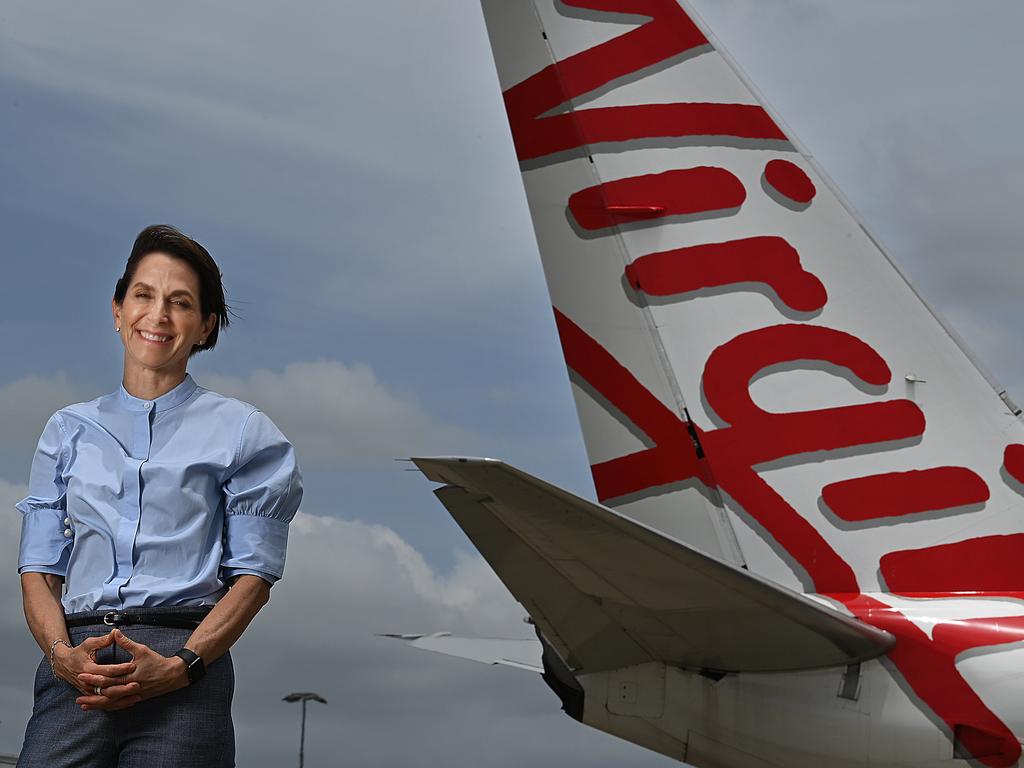


To join the conversation, please log in. Don't have an account? Register
Join the conversation, you are commenting as Logout